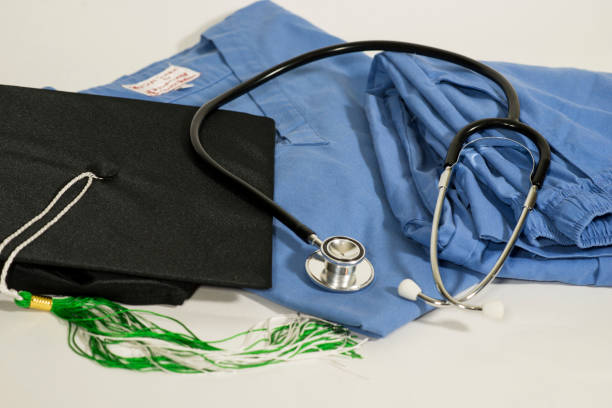
Understand the exciting curriculum and teaching methods for a Bachelor of Medicine in Malaysia for an essential student’s future. In this article, we’ll provide a comprehensive overview of the curriculum and teaching methods used in Malaysian medical universities to prepare students for their careers in medicine.
Overview of the Curriculum
The curriculum of Bachelor of Medicine programs in Malaysia is designed to provide students with a well-rounded education in medical sciences, clinical skills, and professional competencies. The curriculum typically spans five to six years and is divided into pre-clinical and clinical phases. During the preclinical phase, students focus on building a strong foundation in basic medical sciences such as anatomy, physiology, biochemistry, pharmacology, and pathology. In the clinical phase, students rotate through various clinical specialties, gaining hands-on experience in hospitals and healthcare settings under the supervision of experienced healthcare professionals.
Core Subjects and Modules
Throughout the Bachelor of Medicine program, students are exposed to a wide range of subjects and modules that cover various aspects of medical practice. Core subjects include anatomy, physiology, biochemistry, pharmacology, pathology, microbiology, and clinical medicine. In addition to core subjects, students may have the opportunity to explore elective modules or specialized tracks in areas such as surgery, pediatrics, obstetrics and gynecology, internal medicine, and psychiatry. The curriculum is designed to provide students with a comprehensive understanding of the human body, disease processes, diagnostic techniques, treatment modalities and patient care.
Teaching Methods
Teaching methods in Malaysian medical universities vary depending on the subject matter, faculty preferences, and learning objectives. Common teaching methods include lectures, tutorials, laboratory sessions, problem-based learning (PBL), case-based learning (CBL), small group discussions, clinical skills training, and bedside teaching. Lectures provide students with foundational knowledge and theoretical concepts, while tutorials, PBL, and CBL sessions encourage active learning, critical thinking, and problem-solving skills. Laboratory sessions and clinical skills training allow students to apply their knowledge in practical settings and develop hands-on clinical skills under the guidance of faculty members.
Integration of Theory and Practice
One of the key features of Bachelor of Medicine programs in Malaysia is the integration of theory and practice throughout the curriculum. Students have the opportunity to apply theoretical knowledge gained in the classroom to real-life clinical scenarios, enhancing their understanding of medical concepts and principles. Clinical rotations in hospitals and healthcare settings provide students with invaluable practical experience working with patients, diagnosing conditions, formulating treatment plans, and collaborating with multidisciplinary healthcare teams. This integration of theory and practice ensures that students are well-prepared to transition from classroom learning to clinical practice upon graduation.
Assessment Methods
Assessment methods in Bachelor of Medicine programs in Malaysia are designed to evaluate students’ knowledge, skills, and competencies across various domains. Assessment methods may include written examinations, objective structured clinical examinations (OSCEs), clinical assessments, case presentations, research projects, and continuous assessments throughout the academic year. These assessments aim to measure students’ understanding of medical concepts, clinical reasoning abilities, communication skills, professionalism, and ethical conduct. By providing regular feedback and evaluation, assessment methods help students identify areas for improvement and track their progress throughout the program.
Conclusion
In conclusion, the curriculum and teaching methods used in Bachelor of Medicine in Malaysia are designed to provide students with a comprehensive education in medical sciences and clinical practice. Through a combination of core subjects, elective modules, and hands-on clinical training, students gain the knowledge, skills, and competencies necessary to become competent and compassionate healthcare professionals. By integrating theory and practice, using diverse teaching methods, and implementing rigorous assessment methods, Malaysian medical universities prepare students for successful careers in medicine and contribute to the advancement of healthcare in Malaysia and beyond.